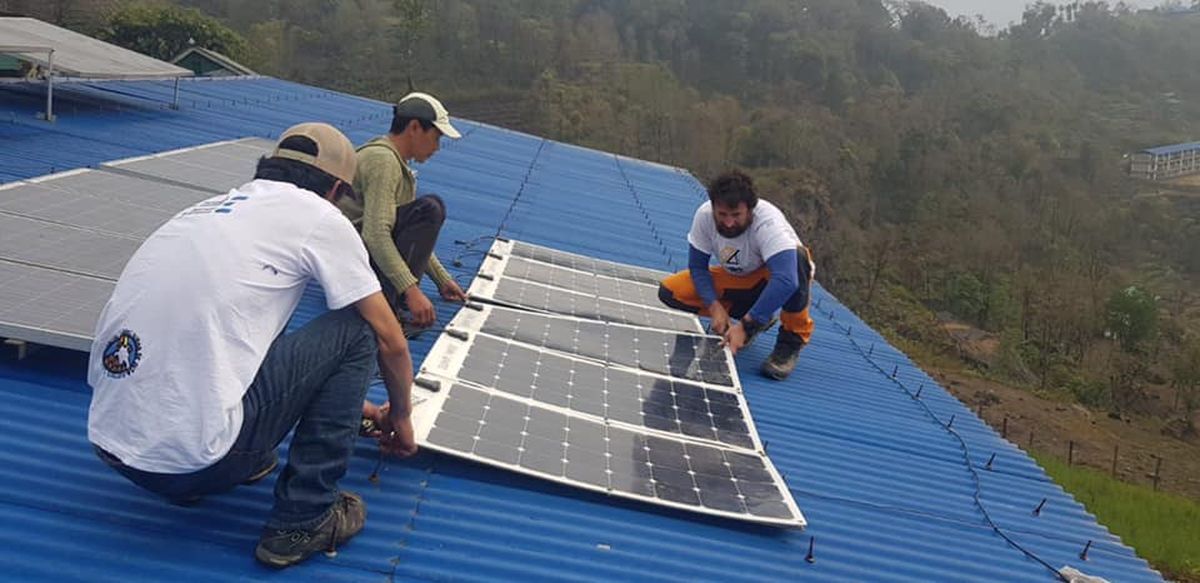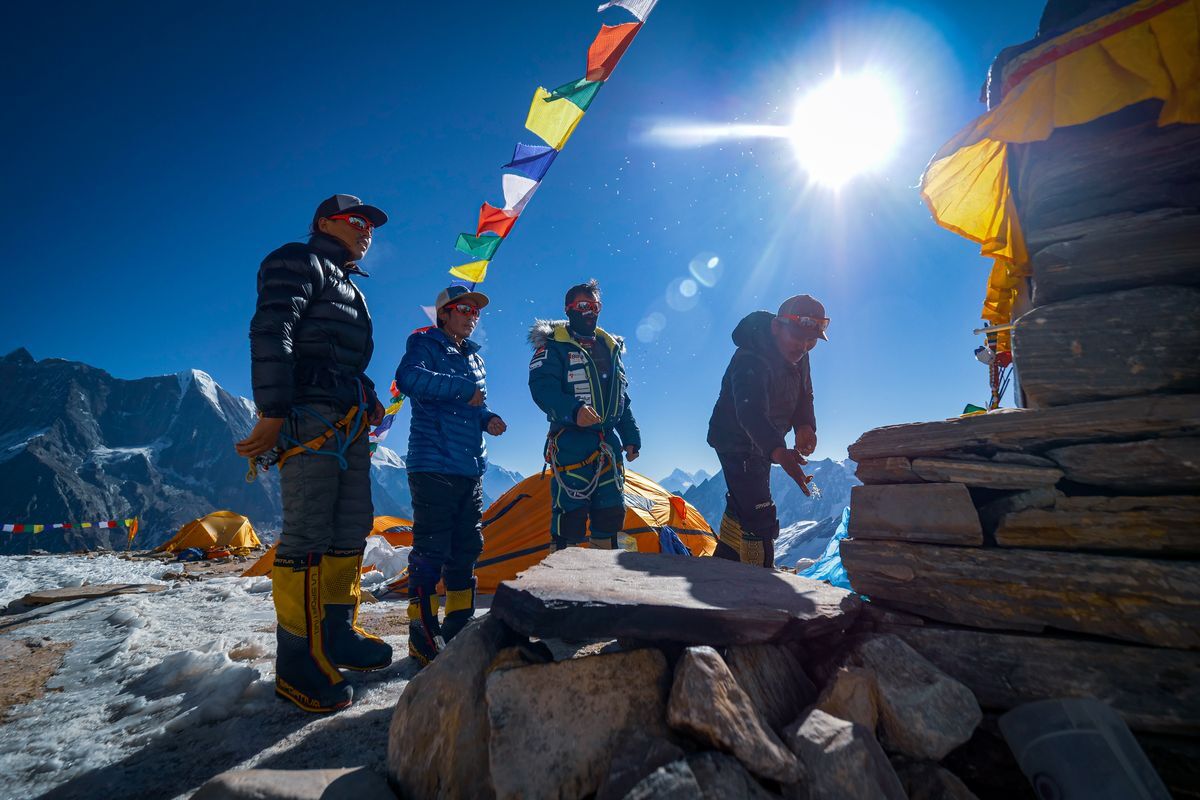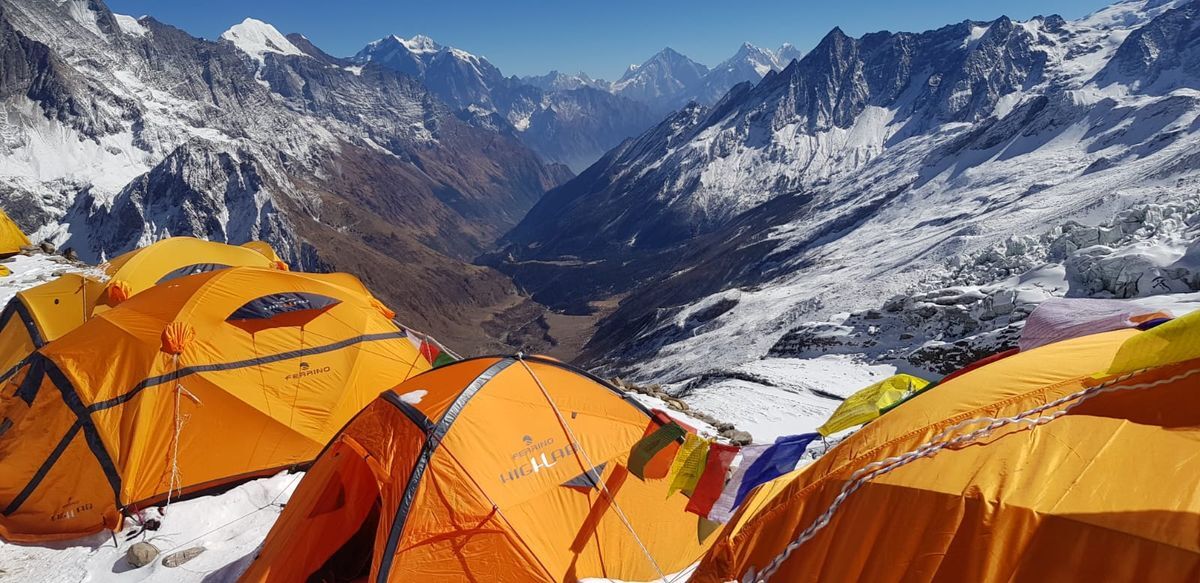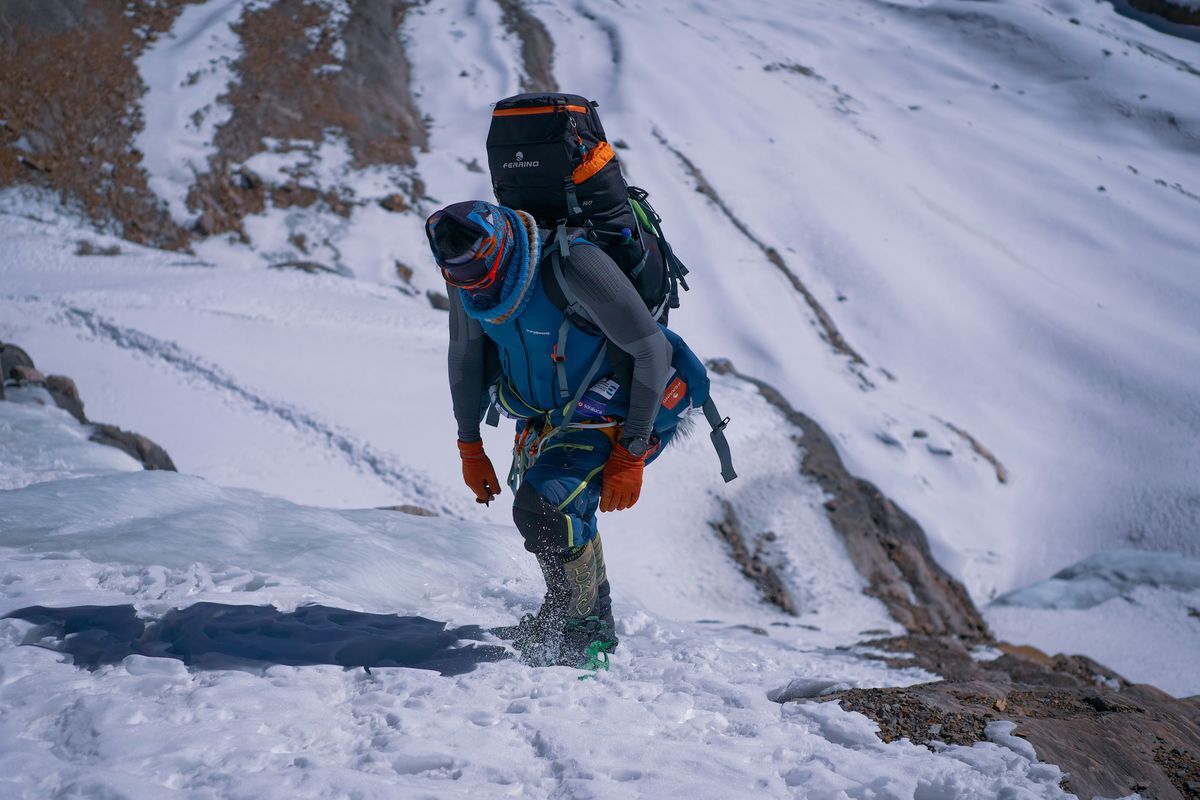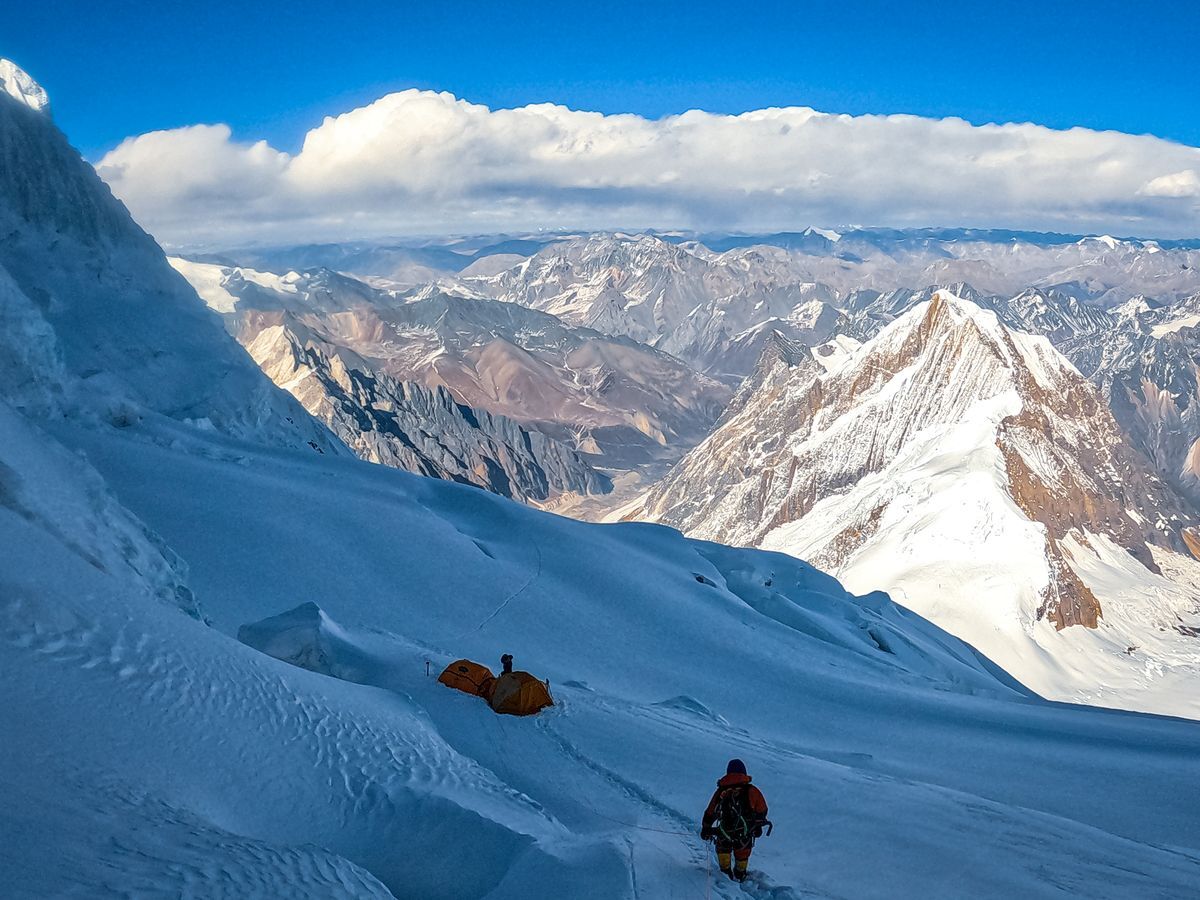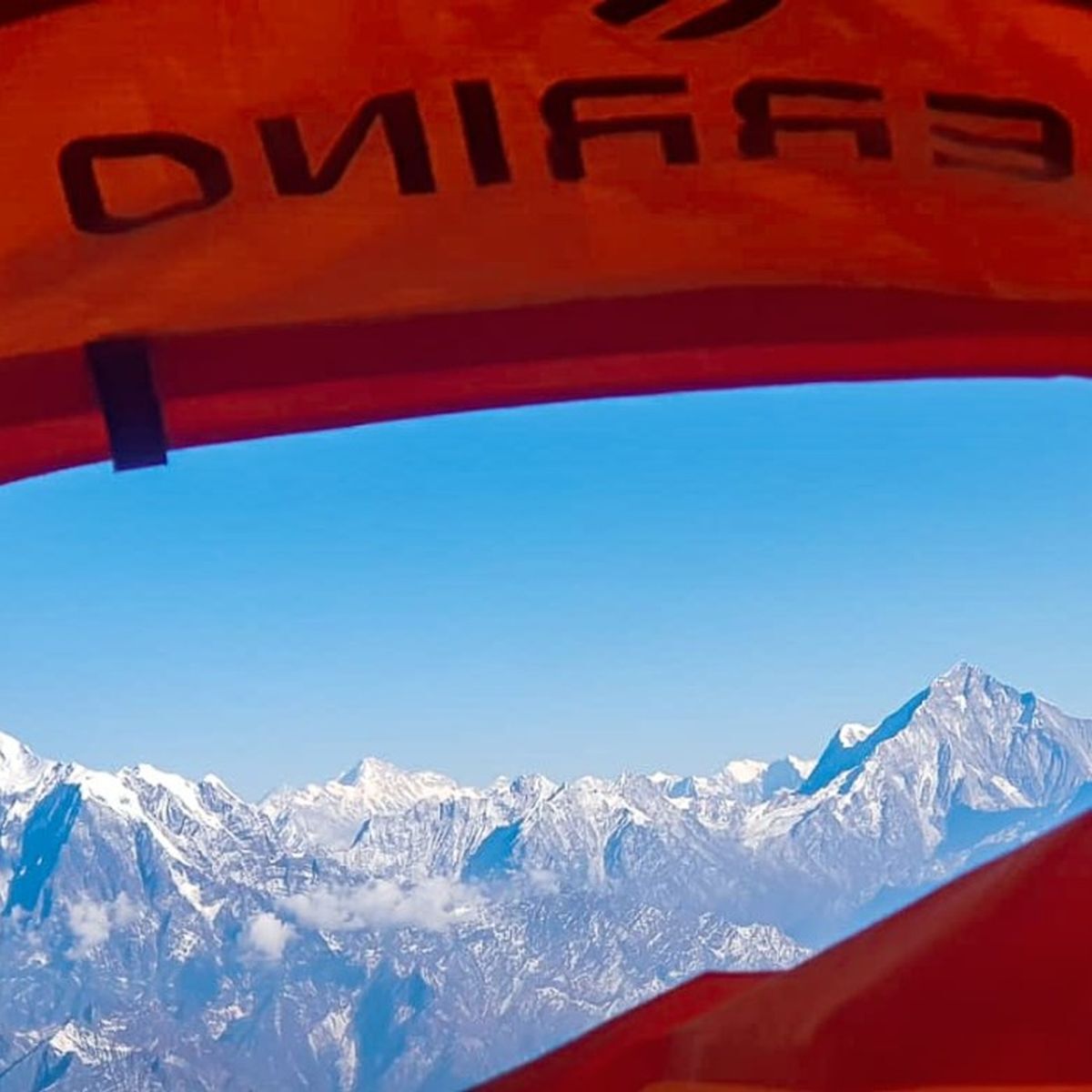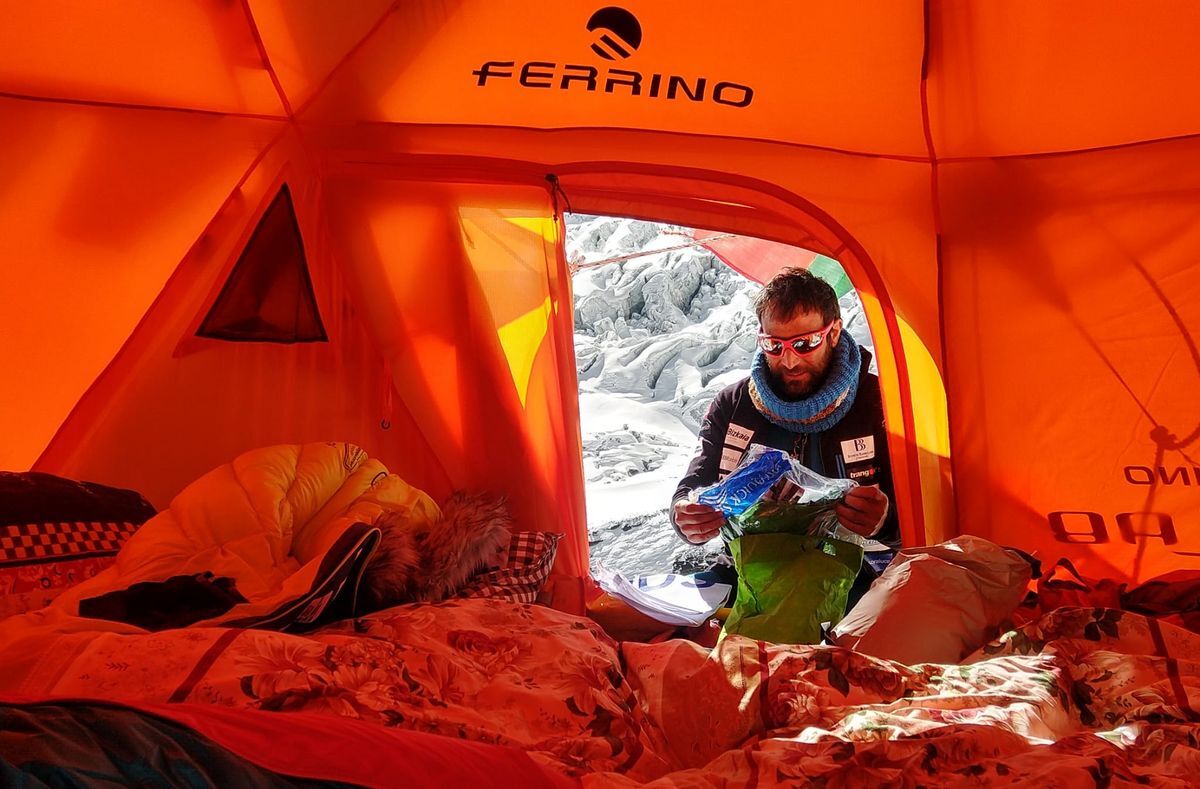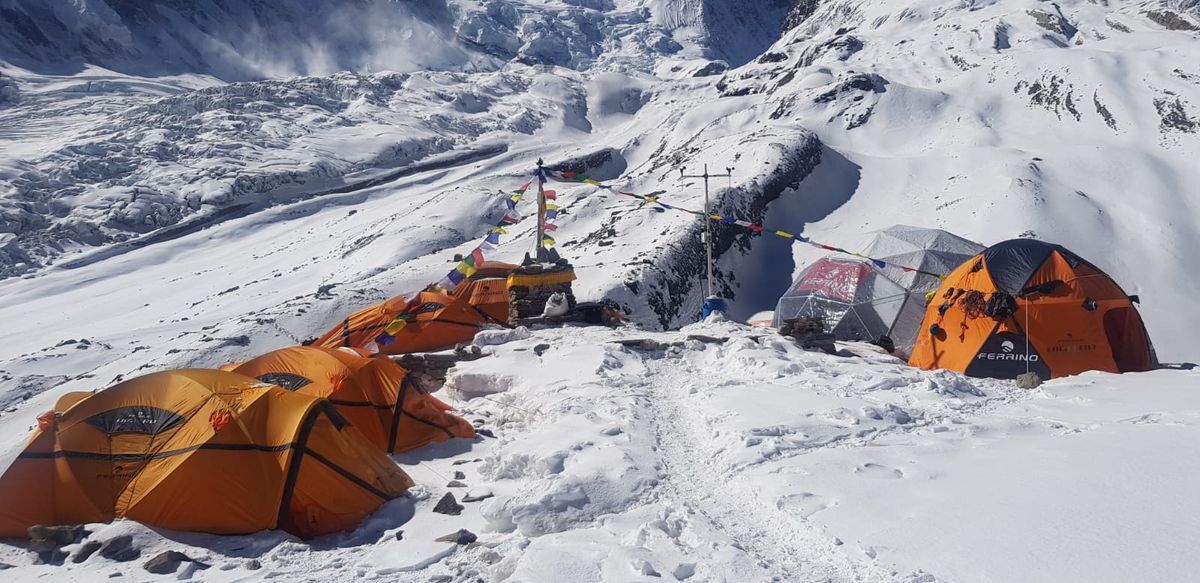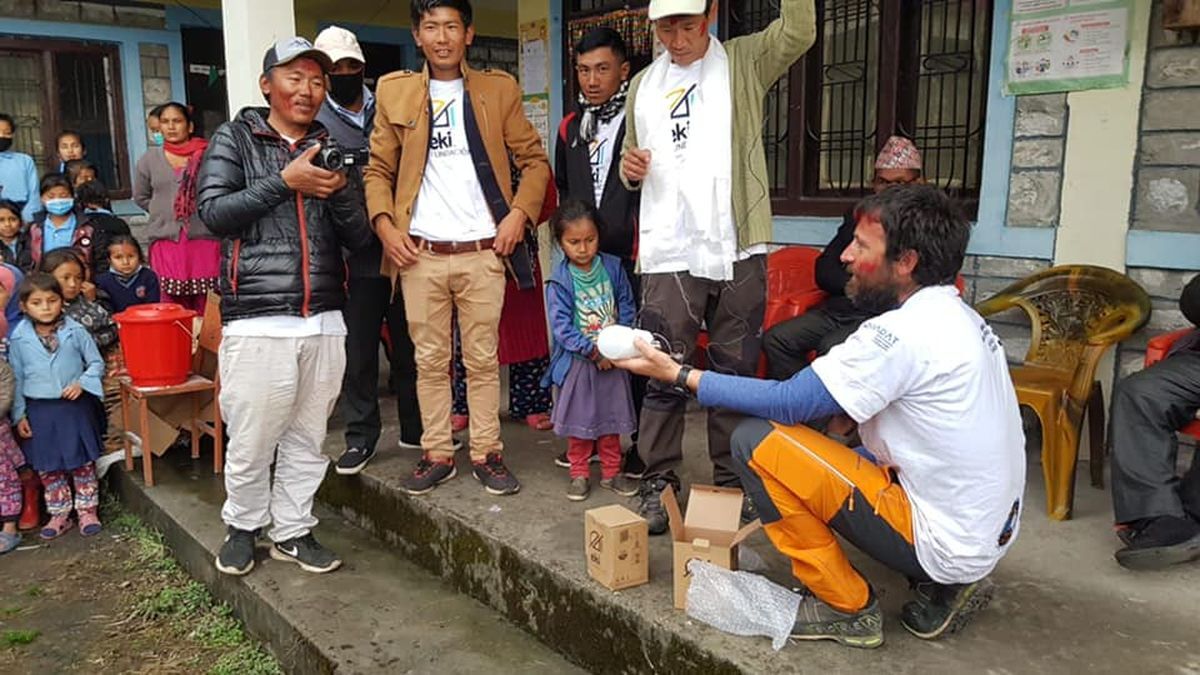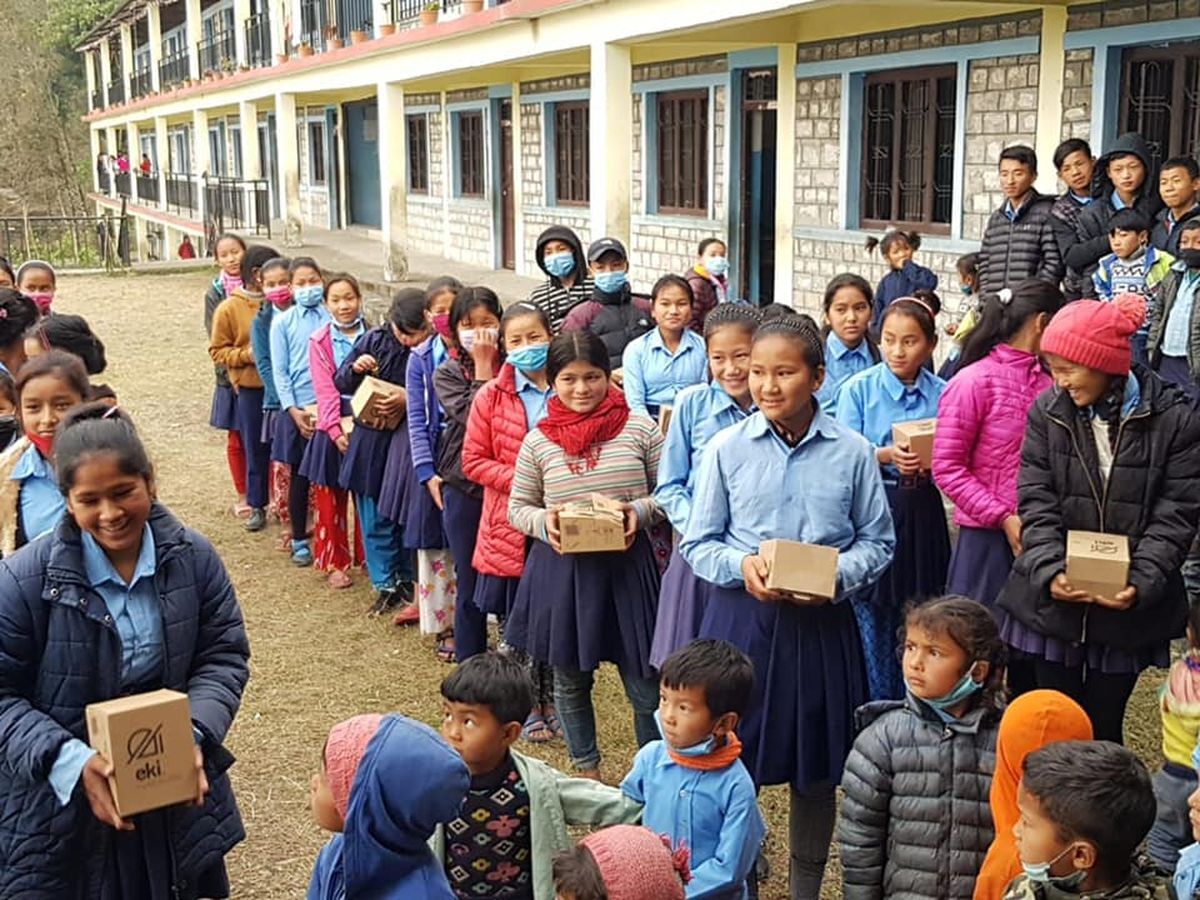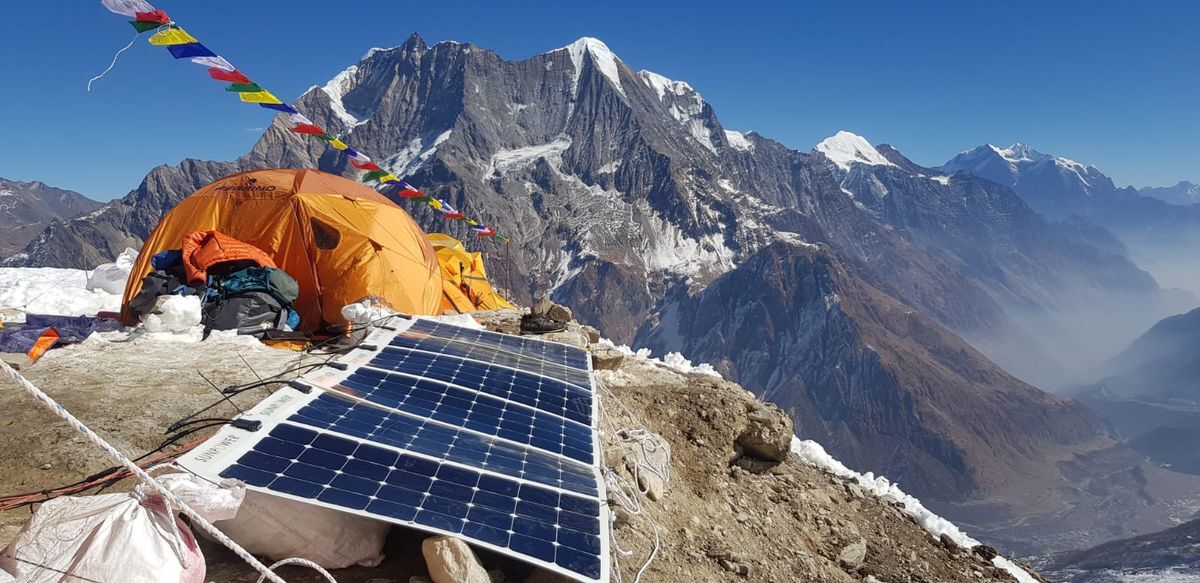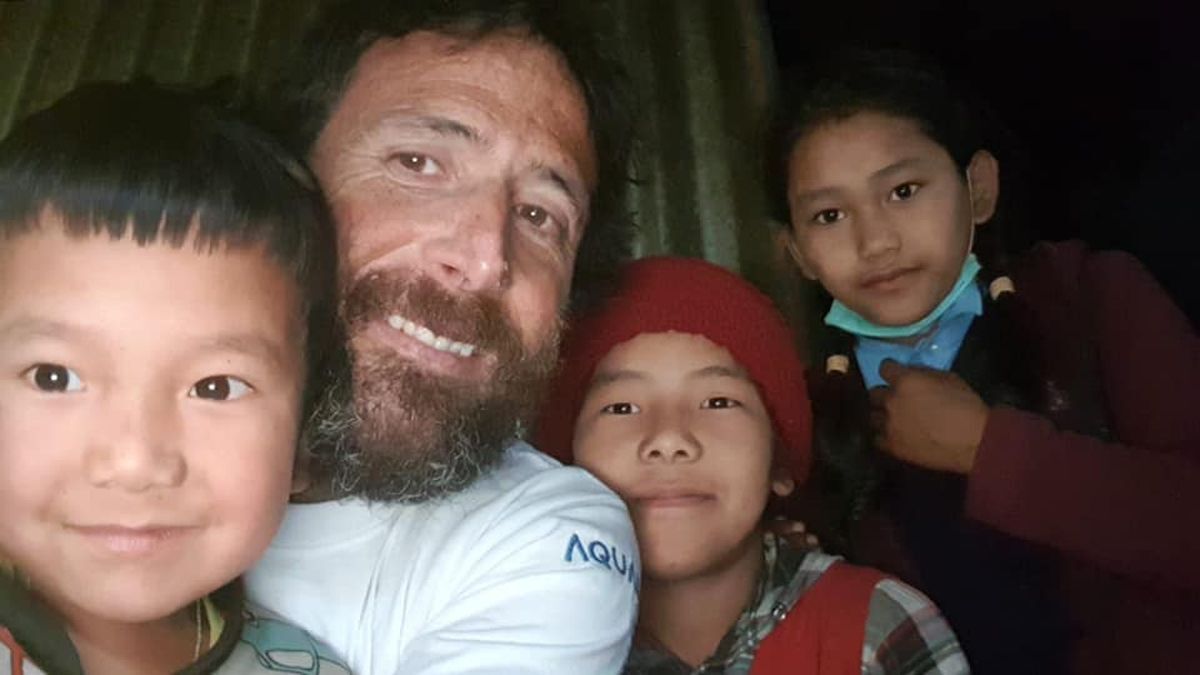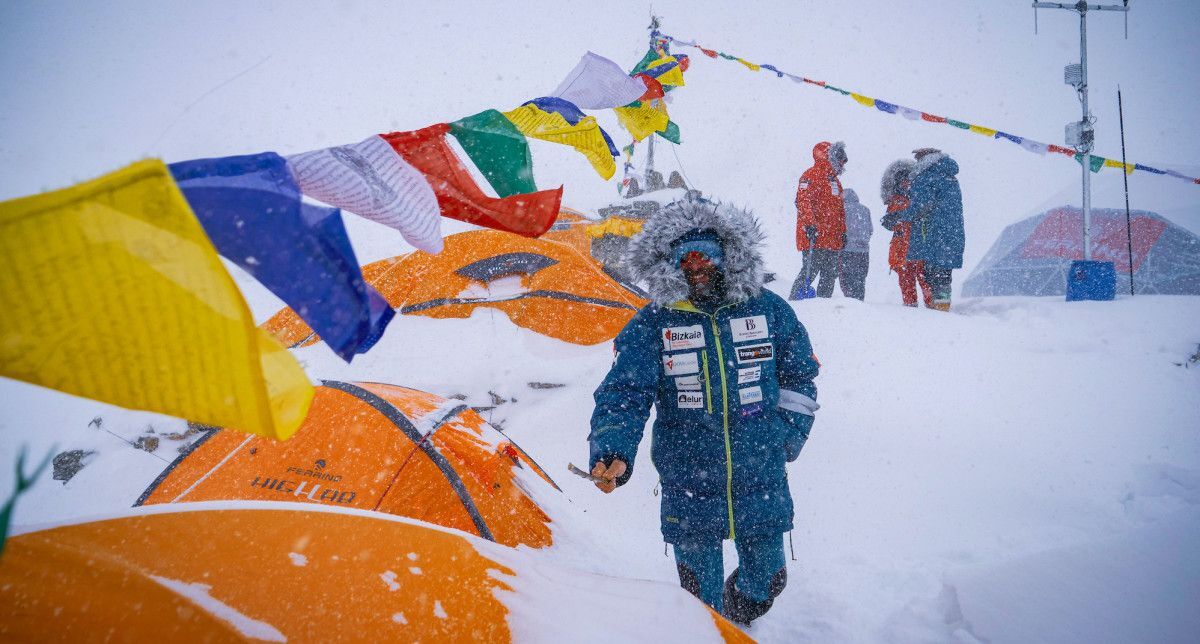
Alex Txikon beyond the Eight Thousanders: Sustainability and Help for the Local Population
In recent years Alex Txikon has distinguished himself not only for his mountaineering ethics and for his choice to tackle the giants of the Earth in the coldest season, but also for his attention to the environment and to the people who inhabit the Himalayan valleys.
Even this last winter, during the expedition to Manaslu, Alex did not disappoint by combining the mountaineering feat with a higher purpose. In addition to the expedition's bins, the Basque mountaineer also took on board hundreds of solar light bulbs intended for the families living in the Manaslu valley.
Alex himself explains:
“A light bulb means a lot to them.
It can change the life of a family,
can offer children and young people the opportunity to study longer,
offers them hope for a better future.”
First winter climber of Nanga Parbat, on February 26, 2016, Txikon has always shown an unusual delicacy in the world of mountaineering. A mountaineer with a rough appearance, but kind and attentive to details. Those are what make an experience perfect, more than anything else. “Speaking of details,” he interrupts us. “I remember a funny moment from Manaslu. We were in the high camps and it was Chhepal’s son’s birthday. He called him from the tent to wish him a happy birthday and began to explain why he couldn’t be with him. A very funny moment, but also tender.” The mountaineer laughs amusedly as he remembers those moments at extreme altitudes where the air becomes thin and thoughts fly in the wind. But Alex’s last winter wasn’t just mountains and mountaineering.
Alex, in recent years your expeditions have always shown a strong focus on the environment and sustainability. What have you organized for Manaslu?
First of all, at the base camp we did not use fuel-powered electric generators to produce energy. Thanks to solar panels we managed to be autonomous and sustainable. We also managed to eliminate a good part of the plastic, thanks to a water filtering system that allowed us not to have to carry bottles. Furthermore, at the end of the expedition, all the waste produced was recovered and brought down to the valley.
We know that you brought many solar light bulbs with you on this last expedition, who were they intended for?
That's right, together with the Eki Foundation we donated 60 solar light bulbs and the solar panels used during the expedition to the families of the Manaslu Valley. The light bulbs have a lithium battery that can be recharged with a solar panel or with normal household electricity. It lasts about 8 hours and allows you to light up your home, offering the opportunity to continue living despite the darkness. For us, having light at night is a given, but for these families it is not. A simple light bulb allows the kids to study even after sunset.
You brought some of the panels to a village in the Makalu region…
Yes, after returning we moved towards Seduwan where we installed a small photovoltaic station at the local hospital and brought solar bulbs to the children at the school.
Nepal has also been affected by the Coronavirus pandemic, what situation did you find?
The pandemic hit Nepal hard, but not so much in terms of contagion. The real blow for them was the economic one, due to the zeroing of tourism. I knew I wanted to do something for them together with my team. We are a small team, with limited resources, but we always try to offer our support.
Unfortunately the expedition ended without a summit, are you still satisfied?
Sometimes determination is not enough, the mountain decides. We arrived just a hair's breadth from the summit along a new, beautiful and technical route. We are all very satisfied, not only for the time spent on the mountain and for having returned all together, but above all for having given our small contribution to improving the living conditions of these people.
ALEX TXIKON - ABOUT
www.alextxikon.com
Pics by Phelipe Eizagirre

